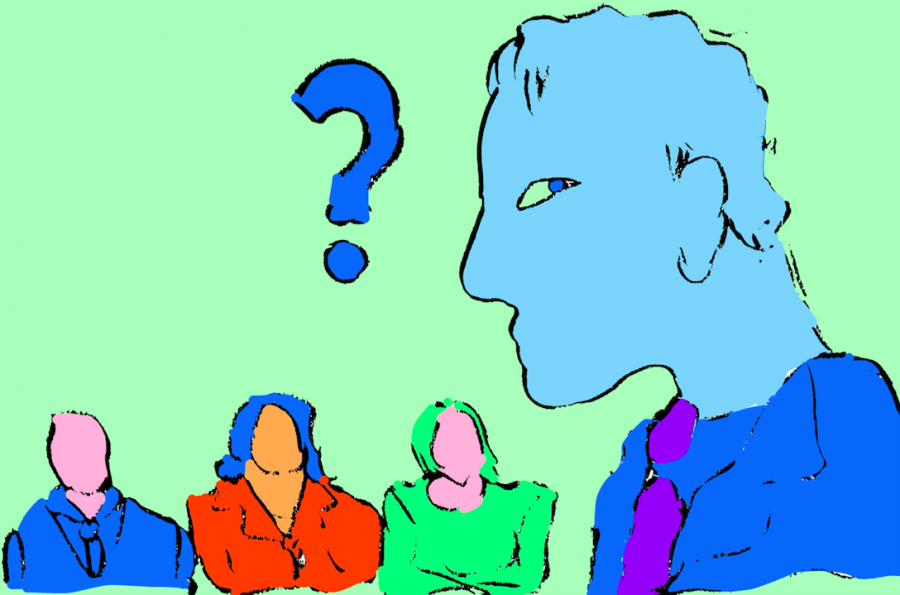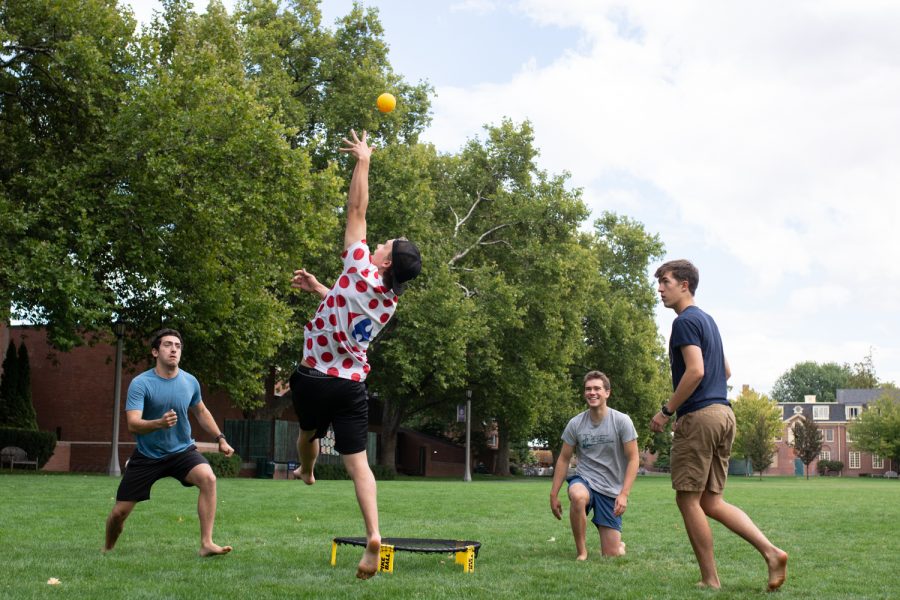Liberalism and statism, for centuries, have cast a long shadow over all types of ideology. However, there are growing movements that realize the reality of today’s world. We do not need to take state power, work through political parties, or establish hegemony. Instead, we need to build projects of governments that are inseparable from the people, and in opposition to any form of hegemony.
While socialism and liberalism are distinct ideologies, there exists a fundamental connection between the two. Marx believed that “the people,” “the proletariat” should achieve their revolution by violently taking state power. There is a serious fallacy in this ideology. In no country, in no city, will you find “the people,” a singular, unified body. It is important to understand that contained within “the people” there is a great amount diversity and many disagreements that need to be resolved through processes of consensus*. Vanguardism, the idea that we can unite diverse groups of people into one project, a “dictatorship of the proleteriat,” is one of many deceptive ideals perpetuated by liberalism and modern ideology.
Additionally, the present condition is something altogether different than the conditions for violent revolution. The Cuban, Nicaraguan, and other similar revolutions took place in absolute dictatorships. We don ´t live in absolute dictatorships, we live in liberal “democracies.” The state ´s strength does not come from arms, thus we cannot fight it with arms.** It comes from “common sense” ideology, and we must fight from that level. We must organize ourselves from below, connected through networks of solidarity and bridging our differences. As the Zapatistas say, “archipelagoes of resistance.”
And what is the role of political parties in this vision? For some within the Argentine Piquetero movements, “from below” means a complete rejection of political parties.
We understand by autonomy the ability, which, as a people, we must organize ourselves and “direct” ourselves on our own.
Our movements are independent of the State and its institutions, political parties, and the church, but autonomy goes beyond that independence: we reject the subordination of popular organizations to any superstructural petition, since we believe that the people organizing themselves from the grass roots within their own areas should be those that determine, in a democratic way, the decisions and the politics that follow.
For me, political parties are unnecessary or, at most, can play a secondary role. Contained within political parties is the danger of a false sense of unity and dogmas that replace the people organizing themselves on their own terms and with their own creations. If we unite, it is necessary to remember that we need many projects and decentralization. Never centralization and only one proposal, this is called vanguardism, and it is a tool which can easily and swiftly be directed toward domination and exploitation.
What exactly do I mean when I say “the people?” I have been using the third person to be eloquent, but in reality all of us are “the people.” Those with privileges and those without. All of us must act. There is not a prefabricated process, but a process that each community, aware of its distinct conditions, must create and realize. Currently there exist large movements in the third-world, such as the Zapatistas, and small movements in the first world. The next generation deserves nothing less than a better world, and working together, we are capable of building it.
¡Viva la anarquÃa!
Enrique Gales
*An unfortunate feature of the English language is that we do not have a plural form of “the people,” as in Spanish and various other languages. Thus, I say the “people,” when perhaps a more accurate term would be “the peoples”
**IMPORTANT: I am in no way advocating pacifism; there are times in almost every struggle when violence is integral to success. I am merely saying that I do not believe violent struggle is at the core, as with revolutions in absolute dictatorships.




